Realistic Crane Fly Wings
Realistic Crane Fly Wings are an absolute must when tying realistic-looking and effective crane flies, or as they are also known, daddy long legs. They are authentic replicas of real crane fly wings in their appearance and performance in the water. The shape and size follow the natural curve of the insect’s wings. Transparent, with detailed printing resembling natural insect’s veins. Made of top quality, lightweight, and flexible material that is also very soft, mimicking the feel of real wings. The material is very strong, durable, and resilient to tearing and scratching. UV protected. Edges have been burned for additional reinforcement. Pre-cut and easy to tie, no prep work needed – simply take them off the sheet and tie them on by the provided tab. These wings have been carefully designed, so when used appropriately, there is no tippet twisting.
The realistic look and great performance of Realistic Crane Fly Wings provide that imperative advantage when fishing this fly pattern. Pair them up with our Crane Fly Legs 3D to get some amazingly-looking flies.
Realistic Crane Fly Wings come with 10 pairs per package in three sizes: Small, Medium, and Large. Small is a good choice for hook size #14, Medium for hook #12, and Large for hook #10.
(Please note that due to many different types and models of hooks, these hook size recommendations are just rough estimates.)
Crane Flies Fishing
Order: Diptera (flies), Family: Tipulidae
Crane flies (also known as ‘daddy long legs’ or ‘daddy-long-legs’) resemble large mosquitos but these flies cannot sting and are not very good fliers. This is one of the reasons they are easily blown onto the surface of the water. Their flying sometimes looks wobbly, which is why trout get easily attracted to them. Their life is mostly spent as larvae – they are adults for only 10-15 days. Adult crane flies have long thin abdomen (females have larger abdomen than males), and very long and delicate legs. Their abdomen has a characteristic V-shaped groove. They have large clear wings that span from 1.0 to 7.5 cm (approx. ½ inch to 3 inches). Crane flies are terrestrials, but mostly live around freshwater: rivers, streams, and lakes, in semi-aquatic environments.
Crane flies can be found close to the water surfaces during the early morning, but they are most active around water in the late evening, starting from sundown and sometimes well into the dark. The best conditions to fish them would be breezy weather, as they are easily carried by the wind. However, as they are weak fliers, in these conditions they rarely fly too far from shelter. The ideal would be an evening with intermittent breeze and calm. As for tactics, for fishing crane flies, the dead-drifting technique would be most effective. However, should you see that this is not productive, try skating. As crane flies prefer humid and dump conditions, fall would be a great time to fish these patterns.
Fly Fishing Terrestrial Flies
Terrestrial insects are land-bred. Some of the species of terrestrials include hoppers (grasshoppers), ants, beetles, bees, crickets, etc.
Terrestrials are one of the essential food sources for trout and other game fish during the summer months. Hot summer months are when the aquatic insects become sparse, the trout is the most active and grows the fastest. This is when terrestrials become their most important food source as a rich source of protein. A terrestrial falling into the water is a great and nutritious meal for fish as these insects are usually bulkier and heavier than aquatic insects and they provide a large calorie intake when the trout need it most.
Terrestrial fly patterns are effective from May till October, and sometimes even into November.
As terrestrials are most active and most likely to fall in the river during the day, the best time to fish these fly patterns is anytime from late morning all the way through the evening. Windy days are best as the wind ‘pushes’ them to the water. Optimal locations to present terrestrial patterns are along cut banks, grassy shorelines, or under big trees – places where fish wait for them – easy meals just dropping in. As these insects will eventually be pulled further into the river – midstream can also be a good place to present your fly.
On smaller streams fish are depending mostly on terrestrials as their food source. Small waters don’t have the high-energy riffles where the aquatic insects spend much of their lifecycles. For fishing small streams – terrestrials are a must.
Be it mid-summer, early fall, or the midst of spring – fishing terrestrial fly patterns can provide top dry-fly action!

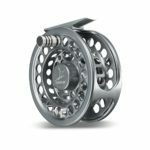
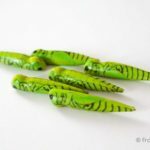
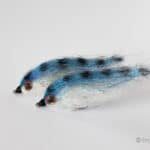
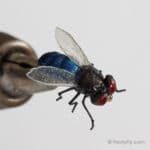
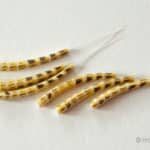
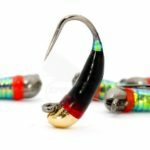
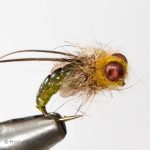
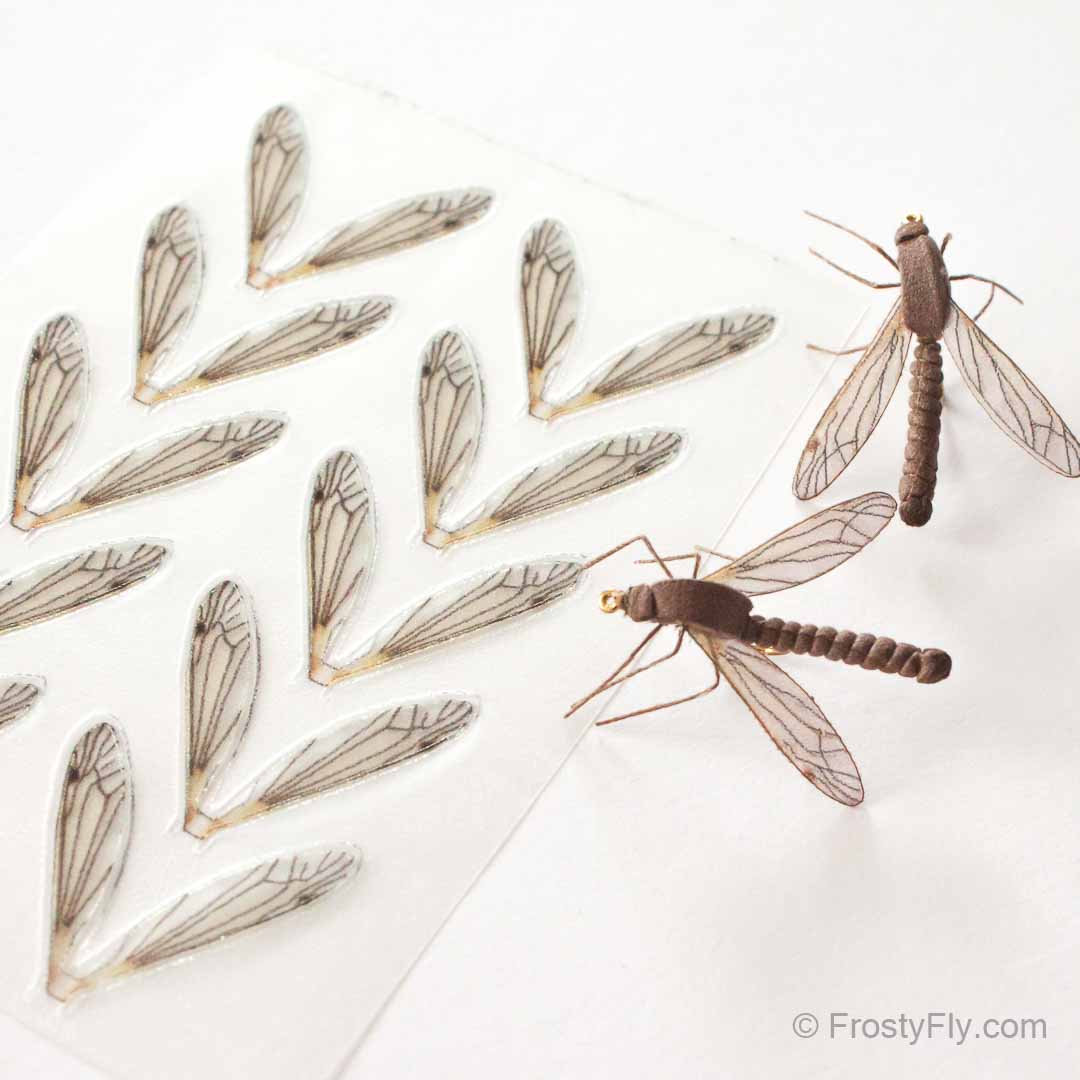
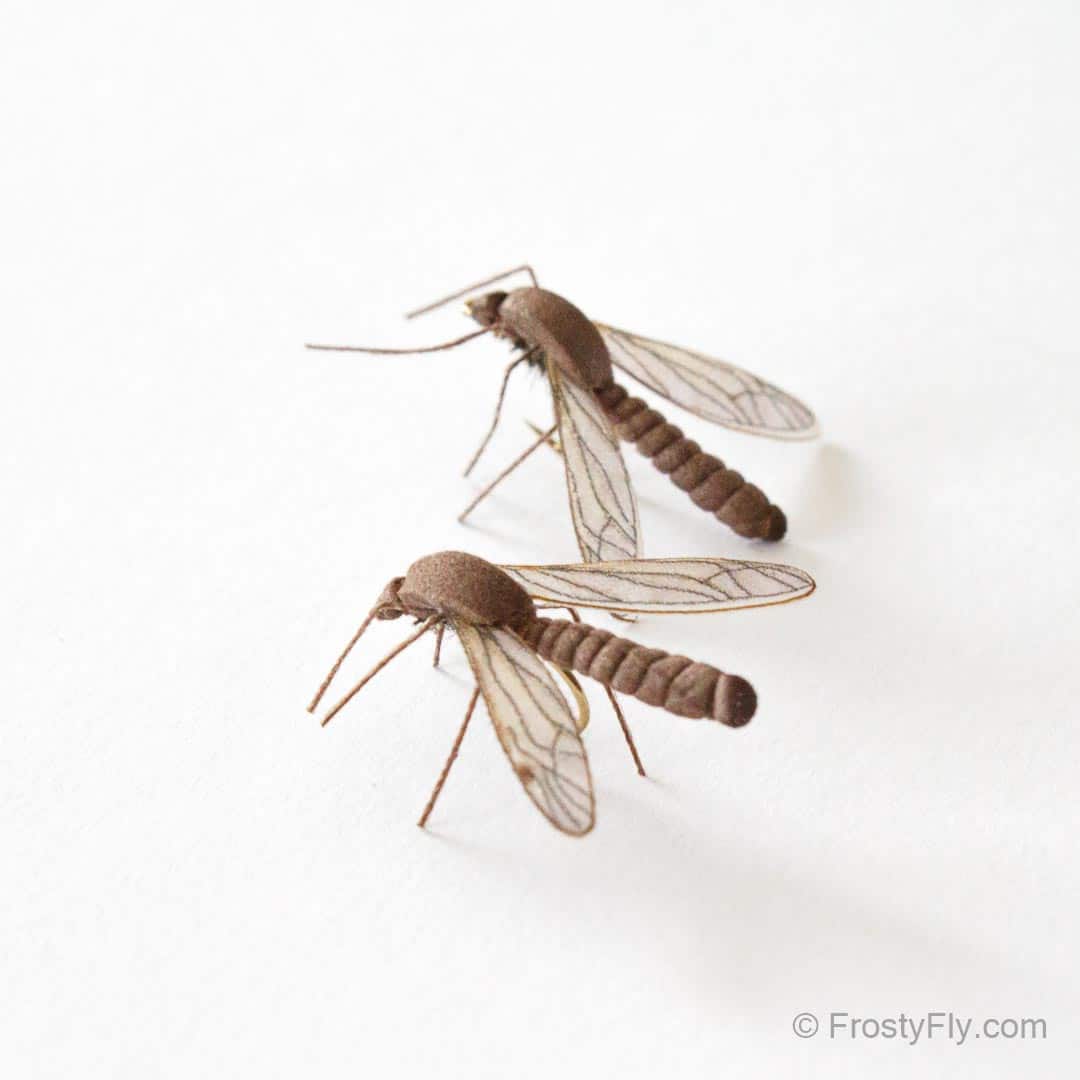
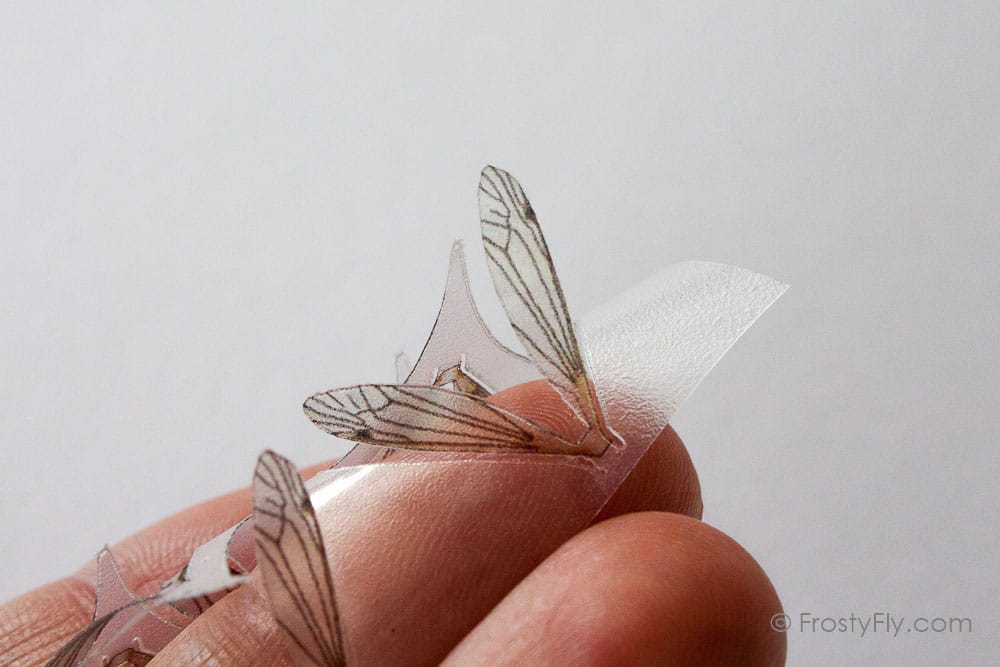
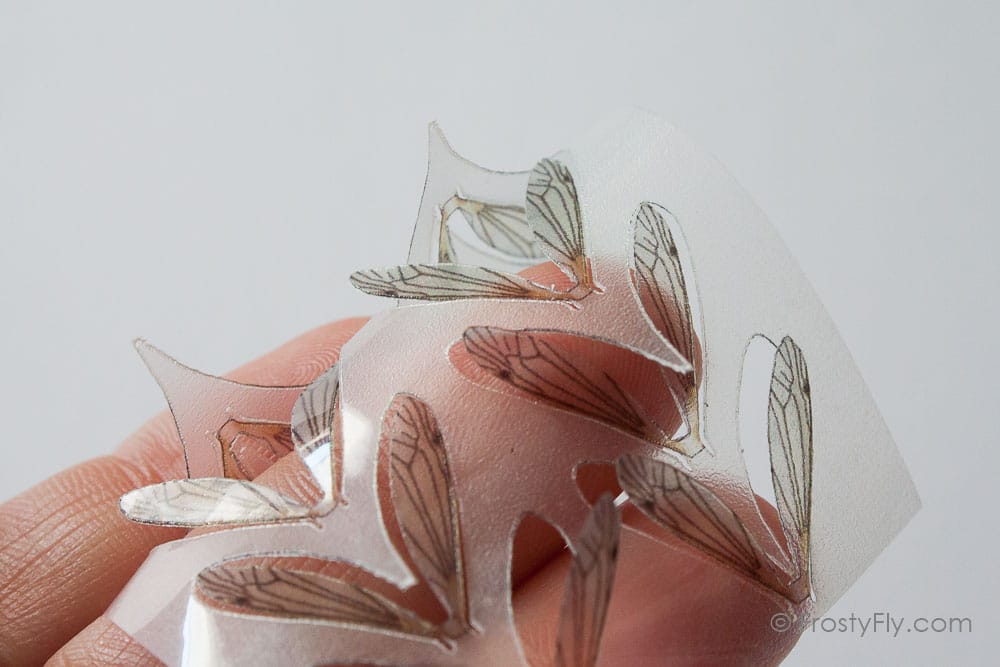
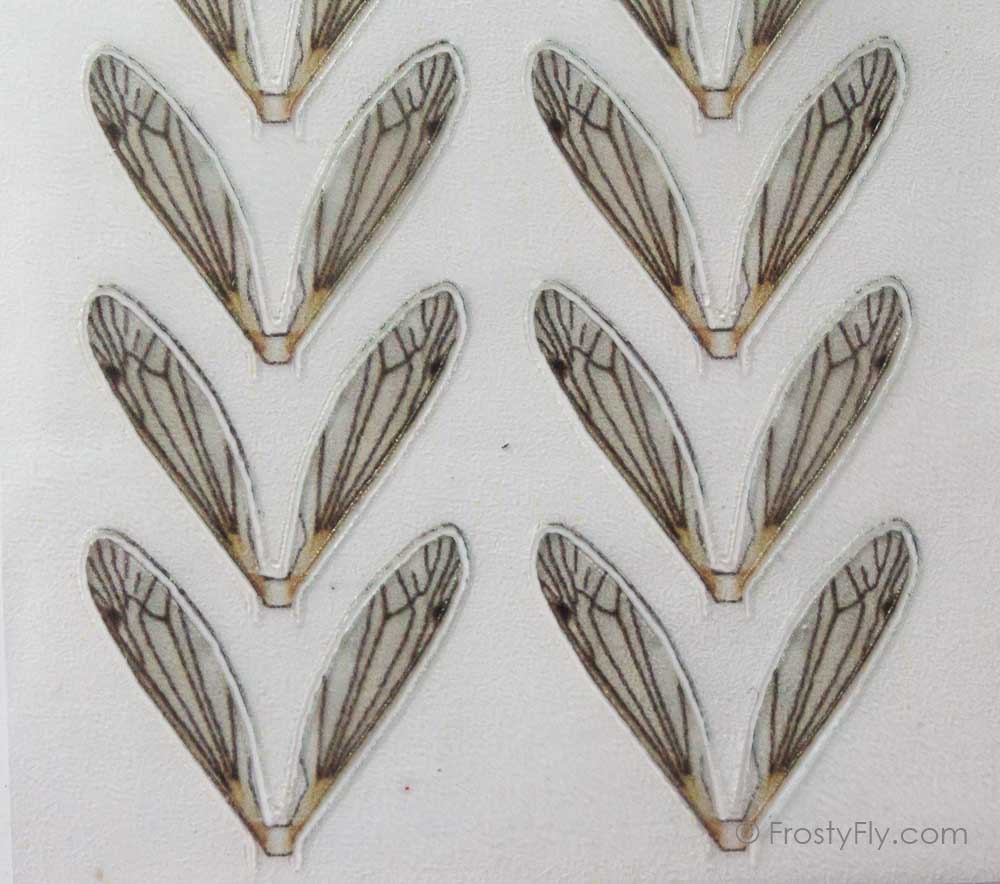
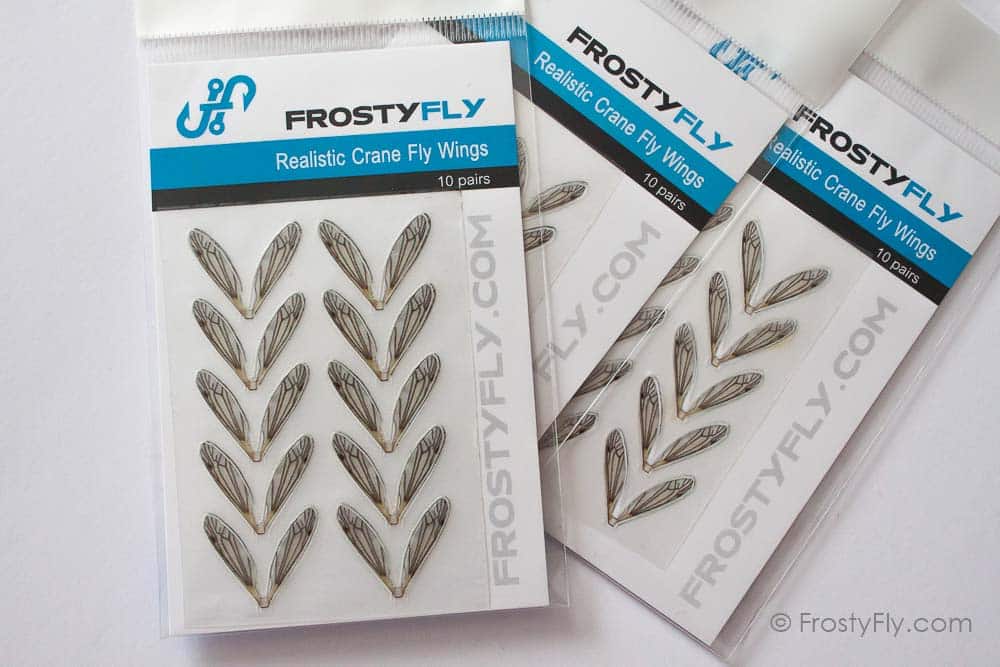
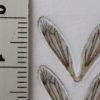
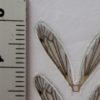
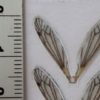
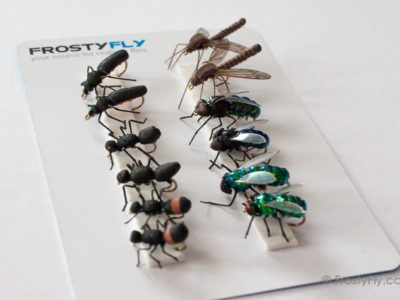
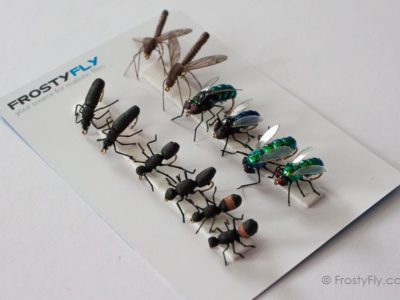
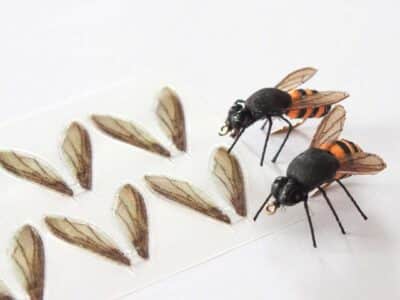
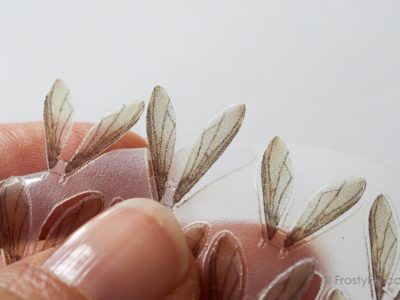
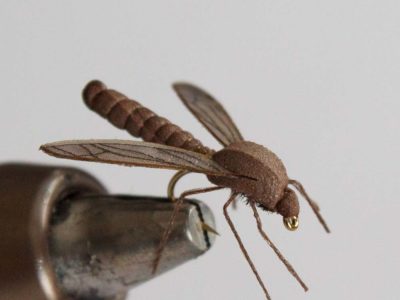
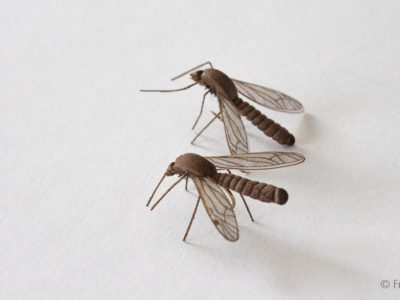
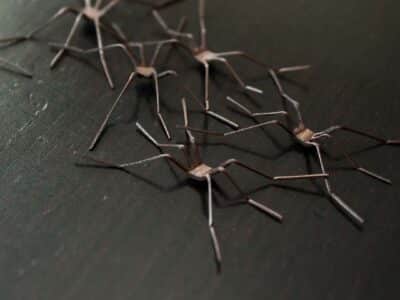
Reviews
There are no reviews yet.